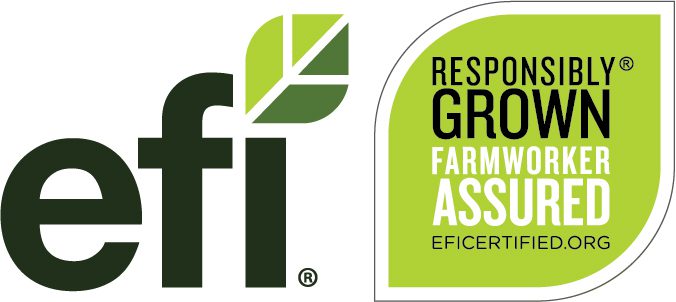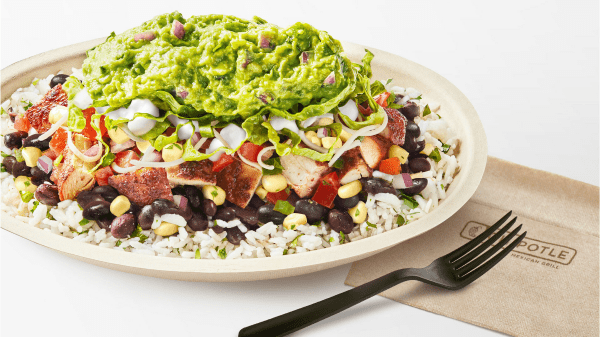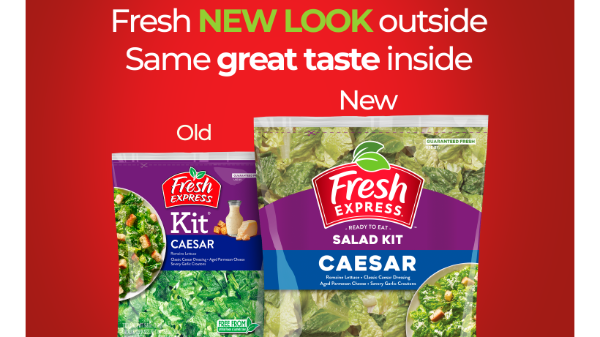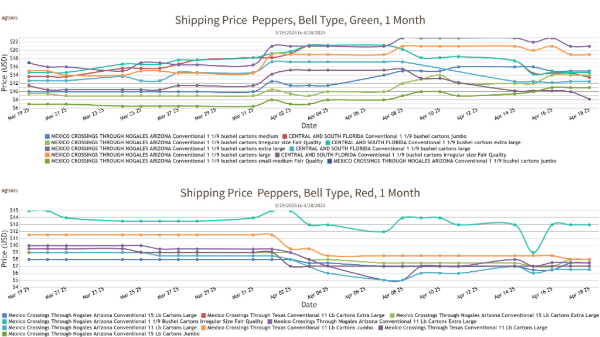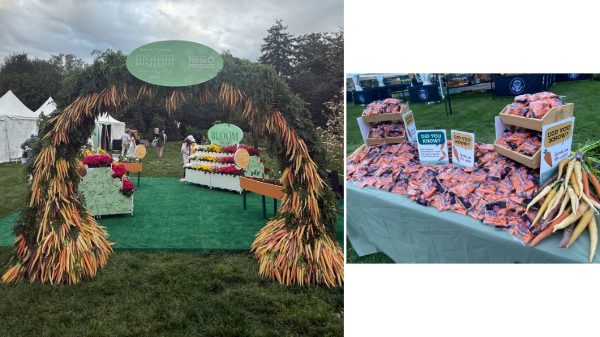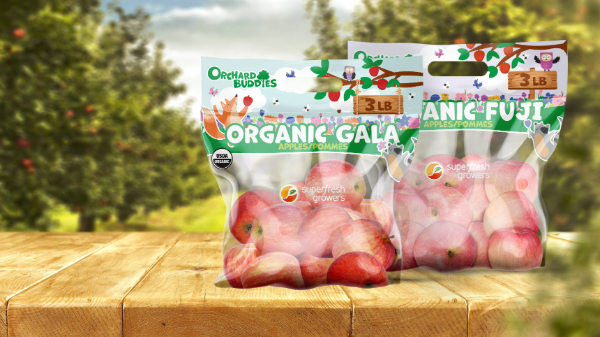Welcome to Blue Book!
Are you ready to join the thousands of companies who rely on Blue Book to drive smarter decisions? View our plans and get started today!
Still have questions? We’d love to show you what Blue Book can do for you. Drop us a line– we’ve been waiting for you.

But from a marketing standpoint, having and selling GMO produce item presents challenges. I’m not aware of anyone in Nogales or even in Mexico who’s shipping GMO produce to the United States. We have GMO papaya that comes from Hawaii and some GMO potatoes, and over time consumers may become more accepting of the technology. I think there are many misconceptions among consumers about what a GMO is.
Organics is growing among shippers who offer it. While it is a segment, there’s only room for a few companies to specialize in organics and for larger companies to dedicate a portion of their product line to it. The United States, Mexico, and Canada are trying to harmonize their organic standards, whether it will happen remains to be seen.
Most places don’t grow organics on a year-round basis. For North American producers to adequately serve Asia all year with exports, for example, you need to have all three countries working together to harmonize standards. We’ll see how long it takes.
How is consolidation among grower-shippers and grocery retailers affecting your members?
Erickson: From an association standpoint, it certainly makes it harder to keep our membership numbers up. All kidding aside, the majority of our membership is on the supply side. The consolidation of grocery retailers is creating a very real and dramatic impact on grower-shippers.
As we see major buying offices consolidate, the pressure on grower-shippers to provide more of a year-round solution increases.
Add in the fact that you’re constantly dealing with new people, trying to redevelop relationships, meet new and evolving food safety requirements, and provide a socially responsible product—it’s creating a huge shift in how grower-shippers are dealing with their customers.
Jungmeyer: There has been some consolidation in Nogales, but not at the same level in other areas and certainly not at the same pace we saw with retailers years ago. There are always new companies coming into the industry along the Southwest border. Right now, things are in more of a growth mode where we’ll see more companies operating in this sphere in the short term.
At some point, there will be consolidation. Given the challenges faced by growers in California with labor and water, they’re pondering whether and how they’ll become involved in Mexico. Some will do it through consolidation or strategic partnerships, others will start their own operation. These things tend to go in cycles.
What regulatory red tape would you like to see eliminated for your members?
Erickson: While there’s plenty of red tape I would like to see go away, we would like to see the federal government allocate more resources at our major ports of entry to help facilitate the flow of commerce.



